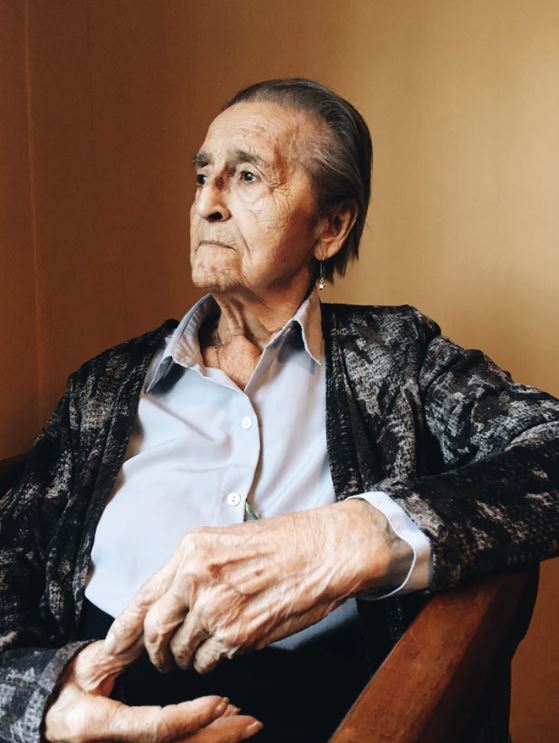Residents in nursing homes can face sexual, emotional or physical abuse or neglect. In some cases, the signs of abuse are subtle and hard to detect. In others, they can be fairly obvious such as when an elderly family member makes a direct accusation. Often times those who can’t speak for themselves end up being at higher risk of abuse. The Special Investigations Division of the House Government Reform Committee found that 30 percent of nursing homes in the US were cited for instances of nursing home abuse. That’s almost a third. What are signs that your loved one could be a nursing home abuse victim?
Your Loved One Seems Distant or Lonely
Keeping nursing home residents in their rooms for long periods of time can result in depression. One common sign of depression is a loss of interest in things that they used to enjoy. If your parent or grandparent doesn’t seem excited to see you, it could be because of depression caused by isolation.
Your Family Member Has Lost Weight
It is not uncommon for nursing home residents to suffer from a lack of proper nutrition. In most cases, they are not fed properly, which results in significant weight loss. Therefore, if your parent or grandparent seems much thinner than normal, ask questions about their diet and how often they are fed.
Mysterious Changes to a Will Could Indicate Abuse
There are rarely any scenarios in which it is appropriate for a nurse or other staff member of a nursing home facility to be added to a resident’s will. There is never a good reason for this to happen if the resident is not mentally competent to make decisions about his or her estate. If you notice that a will or trust has been changed, it could a clue that financial abuse it taking place.
Is Your Loved One In Pain?
A lack of medication or proper medical care could result in an individual suffering from improperly diagnosed fractures or head injuries. Family members who complain of being in pain or other discomfort may be victims of neglect or abuse. A personal injury attorney may help in such a scenario.
Bed Sores Could Indicate a Lack of Movement
Sores typically form when a person has not been moved for a significant period of time. Not allowing a person to move is almost always considered physical abuse. Bruises or muscle atrophy could be other signs that a person hasn’t moved in hours, days or weeks.
Although you don’t want to hear that your loved one has been abused, finding out about the problem is the only way to stop it. If you suspect abuse, there are many steps that you can take such as gathering video or other evidence. Check your local recording laws, but if you are available a nanny cam teddy bear could be a way to record evidence. From there, you can work with an attorney to seek justice.

